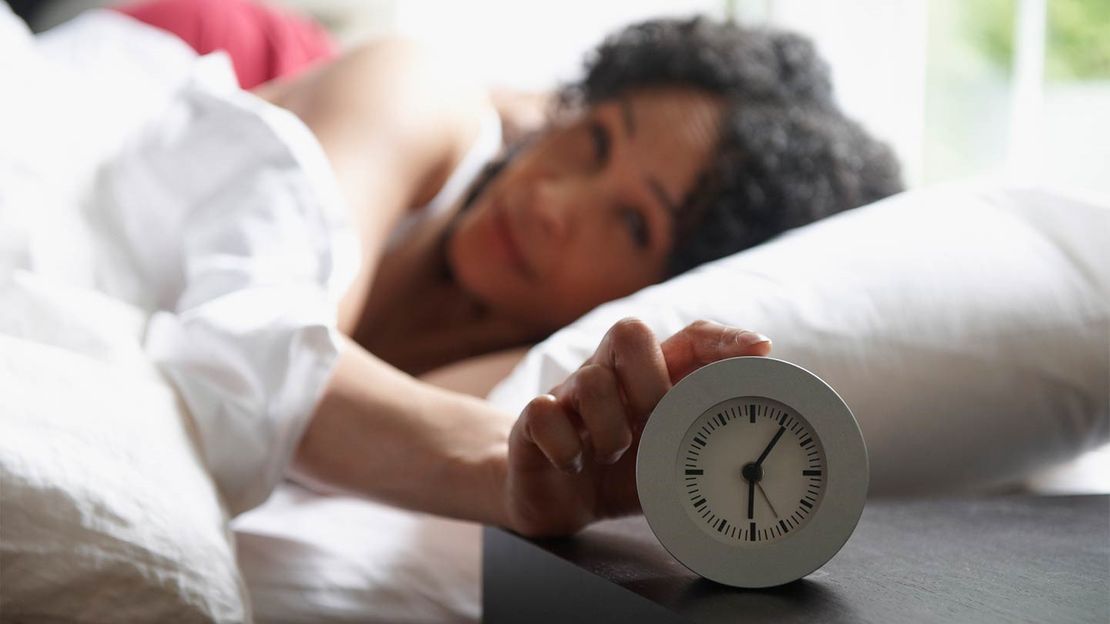Type 2 diabetes is a serious health condition that requires an updated lifestyle in order to control Blood sugar levels. Researchers have identified a relationship between sleep duration and fluctuations in blood sugar levels.
This is a condition whereby an individual’s pancreas can’t create enough insulin to regulate their blood sugar levels. While this procedure may appear to be unimportant after some time and unregulated glucose levels can hike the risk of growing possibly lethal confusions. Fortunately, by altering the way of life, one can compensate for the poor insulin production and hold sugar levels within proper limits.
The blood sugar levels also elevate due to certain factors like sitting down too long and eating an unhealthy diet.
In this study, the researchers reveal the association between sleep patterns and fluctuating blood sugar levels. The consultant endocrinologist, Dr. Mark Vanderpump explains that the risk of type 2 diabetes and obesity gets higher due to chronic partial sleep loss. This pattern for shorter sleep duration has created over a similar timeframe as the sensational increment in the pervasiveness of obesity and type 2 diabetes.
Detailed findings related to this study can be studied here.
Also impeded sleep causes hormonal changes that reduce satiety and increases appetite. These expended cravings urge people to enjoy unhealthy snacks that can bring about lead weight increase that increases blood sugar levels.
Vanderpump finds that more than twenty percent of individuals who are obese and overweight suffering from a sleep disorder called sleep apnoea. This sleep disorder is the major factor behind insulin resistance. This insulin resistance is an independent risk factor and a primary cause of high blood sugar levels.
Dr. Norton of VavistaLife, tells that shorter sleep duration elevates cortisol, a stress hormone that is famous for increasing blood sugar levels. But seven to eight sleep hours prevent this elevation.
Laboratory studies also claim that short sleep patterns have an adverse impact on the ability of the body to respond to an increased risk of diabetes and insulin. But optimal sleep pattern helps to control weight as well as blood sugar levels.
Many people have type 2 diabetes without realizing it because symptoms do not necessarily make you feel unwell.
Researchers find that many people are living with type 2 diabetes as symptoms do not make them feel unwell. The symptoms of type 2 diabetes are blurred vision, tiredness, feeling thirsty all the time, cuts or wounds take longer to heal, loss of weight without trying to, and urination more than usual particularly at night.
The National Health Service (NHS) advises people to visit a general practitioner (GP) after feeling the symptoms of type 2 diabetes.GP can diagnose diabetes as the early treatment reduces the risk of many health problems. Similarly, it will be much better if diabetes is diagnosed earlier and treatment started at an early stage.


